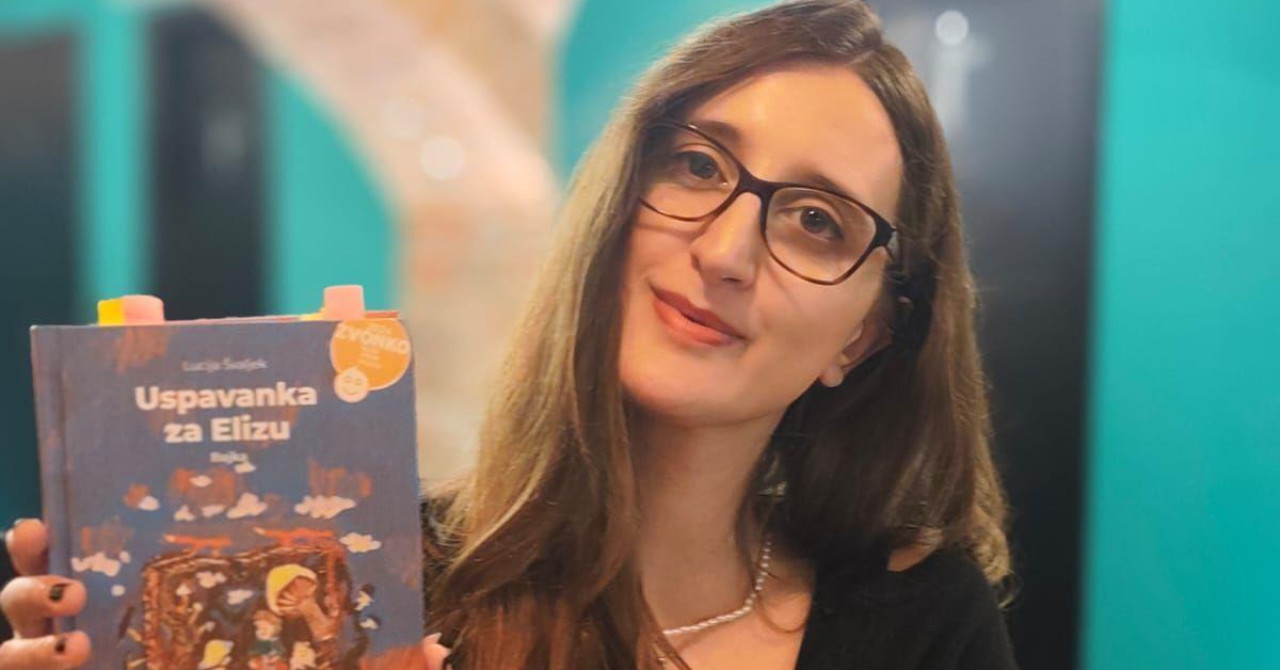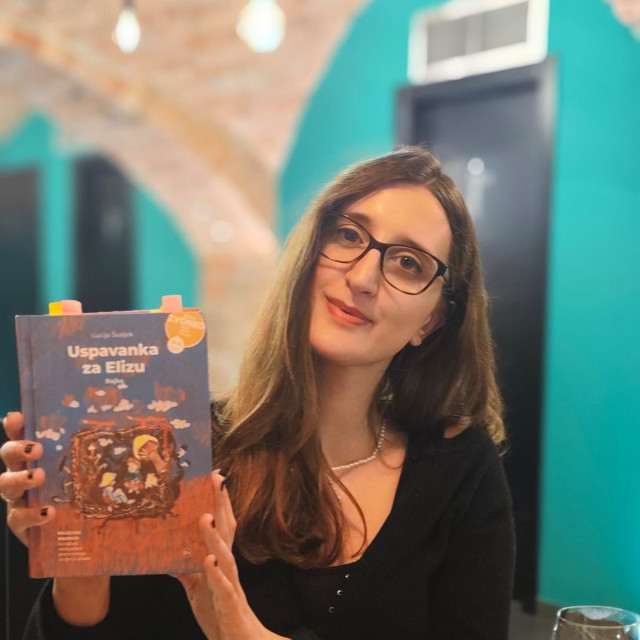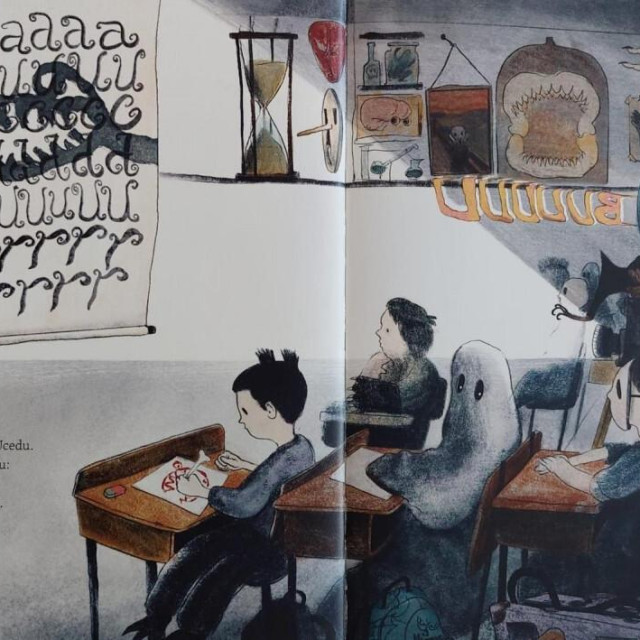The main topic of the article is the literary debut of young author Lucija Švaljek, titled “Uspavanka Elizu” (Lullaby for Eliza), inspired by her native region Zagorje and a gothic fairy tale. The book is a dark, brutal fairy tale for young adults, with elements of folklore and surrealism, and the author writes in the Kajkavian dialect, giving the text authenticity and soul. Lucija draws inspiration from personal experiences, fairy tales, and Tim Burton’s films, and her story explores themes of abuse, injustice, and inner strength. The author emphasizes that the book is not intended for children but for an older audience, and writing it required a lot of work and learning. Additionally, Lucija is working on illustrated children’s books and loves poetry as her first literary expression.
Political Perspectives:
Left: Left-leaning coverage would likely emphasize the cultural and regional significance of Lucija Švaljek’s work, highlighting the preservation of the Kajkavian dialect and the authentic representation of rural life and folklore. It might also focus on themes of social injustice, abuse, and resilience portrayed in the book, framing it as a critique of societal issues and a voice for marginalized experiences.
Center: Centrist perspectives would present the book as a notable literary debut that combines traditional folklore with modern gothic elements, appreciating the artistic value and the unique use of the Kajkavian dialect. The focus would be on the creative process, the author’s background, and the book’s appeal to young adult readers, without strong political framing.
Right: Right-leaning narratives might emphasize the importance of preserving national and regional cultural heritage, such as the Kajkavian dialect and local folklore. They may also highlight the moral and traditional values embedded in the story, possibly framing the book as a reinforcement of cultural identity and resilience in the face of adversity.





